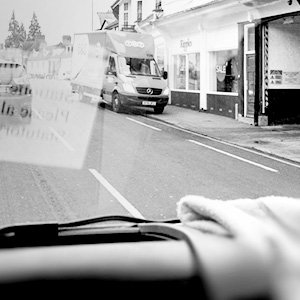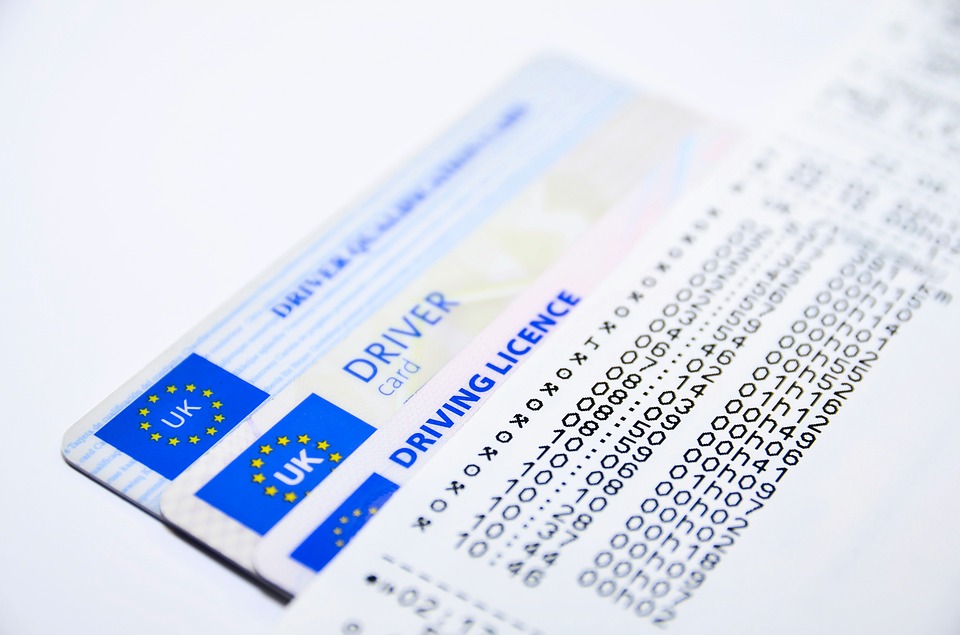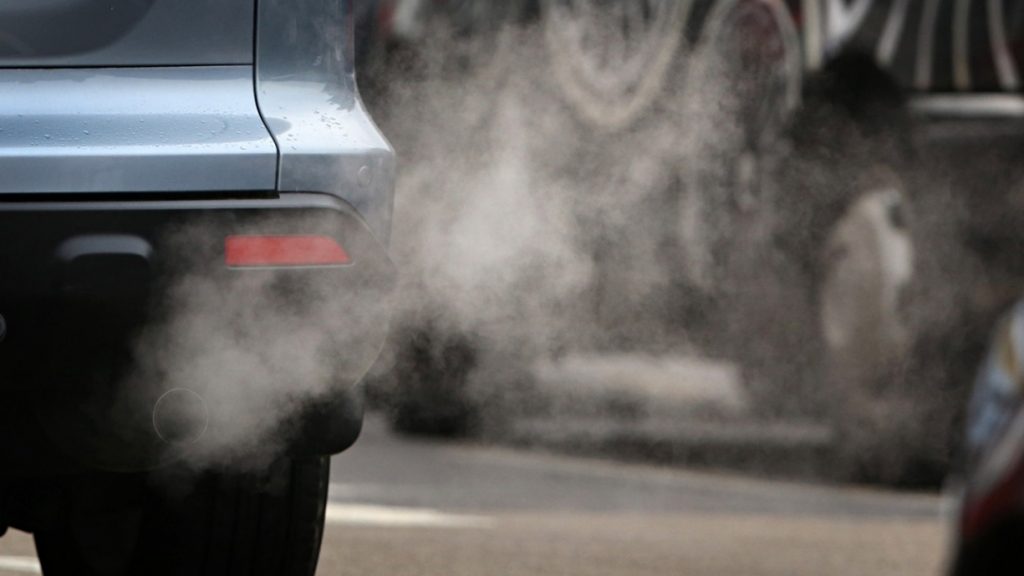In 2018 we’re going to see several new motoring laws introduced, the question is, do you know what they are? To help you get informed and prepared for these changes, we’ve put together this short guide.
1. Digital driving licences
As services become more digitalised, the need for paperwork is continuing to decrease. The introduction of a new digital licence this year will be used to support the existing photocard licence and will sit on your mobile phone. Whilst having a photographic driving licence is great for proof of identification, there’s also the potential for this be easily misplaced. Having a digital licence will provide drivers with additional peace of mind should this occur.
2. MOTs scrapped for classic cars
From May classic cars over 40 years old will be exempt from having an MOT test. Interestingly, classic cars statistically have a lower accident and MOT failure rate than of newer vehicles on the road. This new law does not apply to commercial vehicles. So, you can look forward to saving on the cost of an MOT test. Also, if your classic car insurance is due for renewal we could save you money on that too.
3. New MOT test categories
Another change in May is to the MOT test. Three new categories for faults and failures will be brought into force so that any MOT faults will be classified based on the level of severity: Minor, major and dangerous.
Here’s a breakdown of what each one means:
- Minor faults will be recorded on your MOT certificate just like advisories.
- Major and dangerous faults will mean automatic failure.
4. Motorway law changes
In Spring this year new laws are being put into place to prevent motorists from driving on lanes that are closed. It is already illegal to drive on a closed lane, under the new law there will be a fixed penalty for drivers breaching this rule. Cameras will be used to monitor and catch drivers that drive in a closed lane or break the speed limit.
5. Learner drivers to be allowed on motorways
From early June, learner drivers will able to have lessons on the motorway. They must have a qualified instructor in the vehicle present with dual controls. This change in law will help to give learners invaluable experience on the motorway and help to build their confidence, so once they’ve passed their driving test this will be less nerve-wracking.
What are your thoughts on the new motor law changes coming out in 2018? Let us know on our Facebook and Twitter pages.












